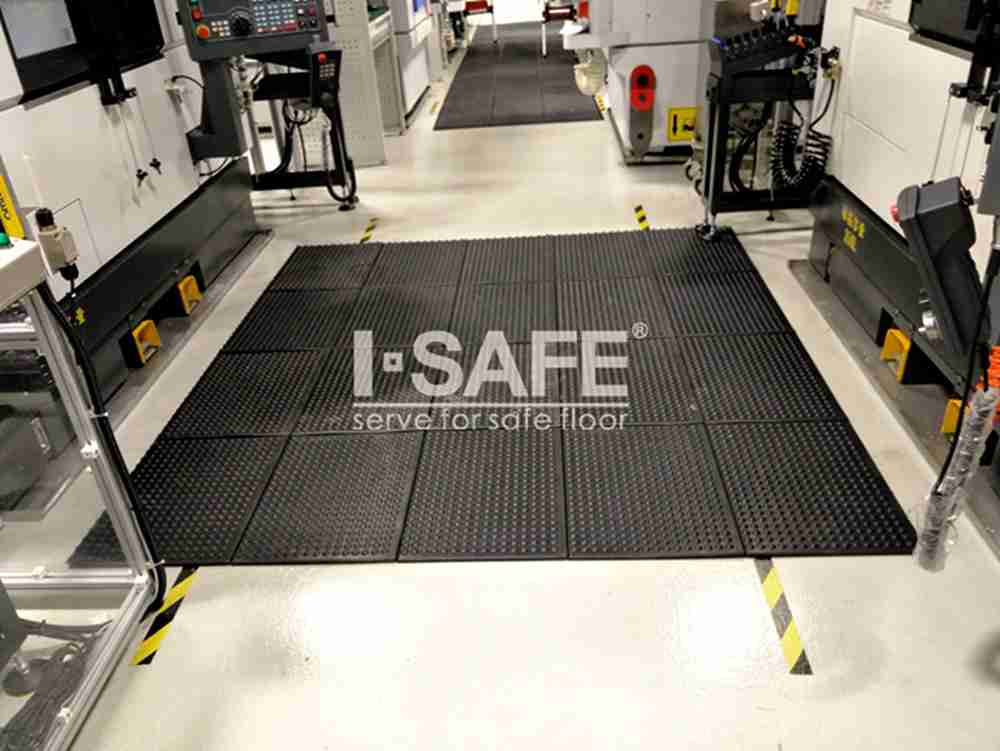-
Issue time:2022-04-18 13:15:40 source:安珂地垫 views:2364
Antistatic mats are also commonly known as anti-static mats, which can be seen in the production workshop or assembly line in daily life. Antistatic mats can be used in the working environment where you need to stand for a long time, not only to prevent static electricity, but also have the effect of anti-fatigue. So what material is the anti-static floor mat made of? How should be installed when using it? The following Anke Xiaobian will give you an introduction to the anti-static mats are made of what material and how to install.
Anti-static mats
Anti-static mats are made of conductive materials, anti-static materials and synthetic rubber through various processes.
The advantages are
1. durable, wear-resistant, easy to clean, chemical properties are relatively stable, and acid, alkali and chemical solvents, suitable for general use in the home;
2. anti-fatigue can relieve human fatigue floor mats. Usually will be laid on the floor of the workplace that needs to prevent static electricity generation.

Anti-static floor mats
Step 1: Keep the ground neat and tidy before installation
Not every place can be laid on the anti-static floor mats, so the first thing to do before laying the mats is to clean the ground that needs to be laid. The ground must not have obvious unevenness; the strength of the ground should be sufficient, and no sand and flaking; and the ground must also be dry, the ground is not conducive to the laying of mats if wet. After checking these factors and intact, clean the ground with gasoline or xylene to ensure that there are no impurities on the ground.
Step 2: Prepare steel or aluminum strips
Steel bars or aluminum bars are the tools needed to lay anti-static floor mats, lay these bars or aluminum bars frequently and lead a section to the ground. Note that the length and width should be determined according to the actual situation.
Step 3: Formal laying of floor mats
Then lay the conductive mesh and apply some conductive glue on the ground. After the glue dries, glue the bottom of the floor mat to the ground. In order to make the floor mat tight to the ground, you can use a heavy roller to roll it 5 times and know that the surface of the floor mat is flat and level. Note that the temperature of the floor mat should not be lower than 25 ℃, and at the same time, ventilation should be maintained to make the conductive adhesive dry quickly.
The above is the editor for the anti-static floor mat is made of what material? Antistatic floor mats how to install the knowledge shared by the introduction, I believe that through this article we have a further understanding of the material and installation of antistatic mats, I hope it can bring you help.

Current Page:Home Product Information
- Email: liming.guan@i-safe.com.cn
- Tel:+86 21 58953133/17316375791
-

Wechat:安珂工业安全地垫







